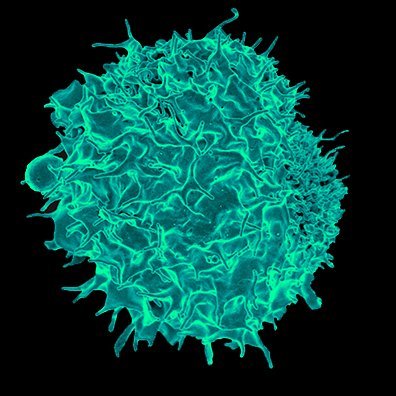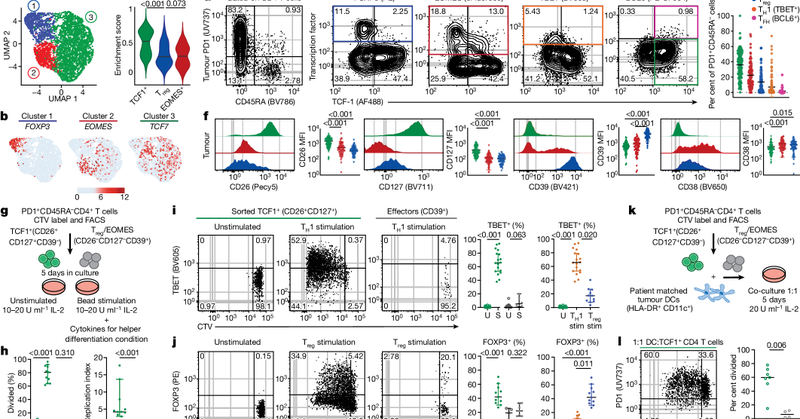
RafiAhmedLab
@rafiahmed_lab
Followers
2K
Following
84
Media
19
Statuses
72
Science from the Rafi Ahmed lab at Emory University. Maintained by lab members
Joined August 2022
RT @HaydnKissick: Check out our latest paper in @ImmunityCP, “Identification of indirect CD4+ T cell epitopes associated with transplant re….
0
5
0
RT @ICGEBNewDelhi: The inaugural meeting of the program on Human Immunology of Cervical Cancers was held today at @ICGEBNewDelhi . The eve….
0
8
0
RT @ACIR_org: McManus and Valanparambil et al. showed that nearly identical stem-like (PD-1+TCF-1+TOX+) CD8+ T cells emerged as early as da….
0
9
0
RT @ImmunoPodcast: Drs. Daniel McManus (@dmcmanus123), Rajesh Valanparambil, and a team in the @rafiahmed_lab studied how precursors of exh….
0
2
0
RT @HaydnKissick: Thanks to @Immunity for publishing our work looking at the CD4 T cell response against transplanted organs. Will have a t….
0
5
0
RT @ImmunityCP: Online now: Identification of indirect CD4+ T cell epitopes associated with transplant rejection provides a target for don….
0
10
0
RT @Nature: Nature research paper: Differentiation fate of a stem-like CD4 T cell controls immunity to cancer
nature.com
Nature - A population of tumour-specific PD1+TCF1+ CD4 T cells in tumour-draining lymph nodes is capable of self-renewal and differentiation into CD4 effector cells, thereby controlling CD8 T cell...
0
52
0
Check out the new work by the excellent PhD student @Maria_Carden1 who has worked with our lab for many years. Even managed to get some LCMV into her nice paper on cancer!.
Check out our latest paper “Differentiation fate of a stem-like CD4 T cell control immunity to cancer”, led by @Maria_Carden1 now live @Nature . This work examines how CD4 T cell differentiation dictates the outcome of the cancer response. Thread below.
0
0
21
RT @IanParish_AU: We’ve known about tolerant CD8+ T cells for >25 yrs – but what are these cells?! Prematurely exhausted, stalled effectors….
0
48
0
RT @HaydnKissick: Thanks for having me ICGEB !- It was wonderful to meet all your faculty and amazing students. I hope I'm back again very….
0
1
0
RT @ICGEBNewDelhi: A meeting was held today between the officials of @ICGEBNewDelhi & @EmoryVaccineCtr, Emory University at ICGEB New Delhi….
0
4
0
RT @ICGEB: This week @NatureMedicine Dr. Anmol Chandele @ICGEBNewDelhi published an analysis of severe #dengue cases in a cohort of childre….
0
15
0
RT @kathleenabadie: It’s a big day for us today as we share the @Kueh_Lab’s latest work, just out in @ImmunityCP . We set out to understand….
0
21
0
RT @Kueh_Lab: So proud to share our work on memory T cell generation, now out in @ImmunityCP! This huge paper is the heroic work of @kath….
0
17
0







